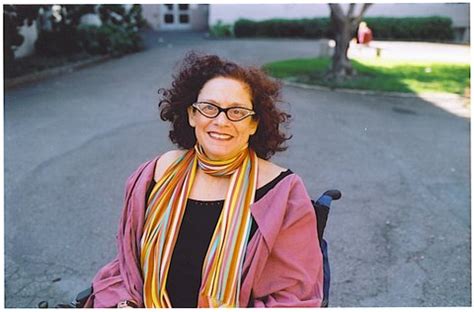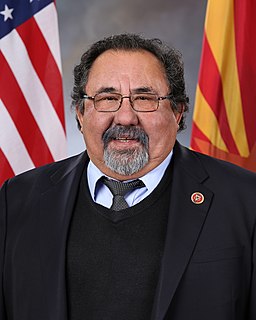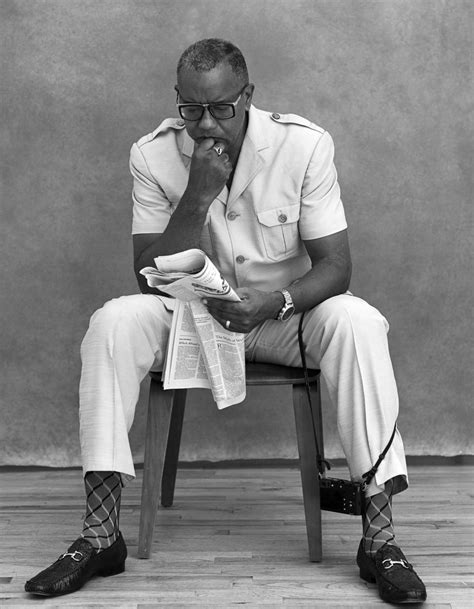A Quote by Richard Branson
I'm a lad of the '60s. I started a magazine to try and end the Vietnam war, but it was a number of years before I had the profile, the financial resources and the time to do more.
Related Quotes
My very first venture was a national student magazine to try to campaign against the [Vietnam] War. And so I wanted to be an editor. I wanted to bring the magazine out. And in order for the magazine to survive I had to worry about the printing and the paper manufacturing and the distribution. And, you know, I had to try to, at the end of the year, have more money coming in than going out.
We talk about how hard it is now. But if we look back at the '60s, we actually had a president that was assassinated. We had riots, we had Vietnam, Martin Luther King, Malcolm X, the FBI, and the Black Panther war. There was so much happening at the time where it felt like America was coming apart at the seams.
With 450,000 U. S. troops now in Vietnam, it is time that Congress decided whether or not to declare a state of war exists with North Vietnam. Previous congressional resolutions of support provide only limited authority. Although Congress may decide that the previously approved resolution on Vietnam given President Johnson is sufficient, the issue of a declaration of war should at least be put before the Congress for decision.
The industry financial advisers, on average about 85% male, tends to be a more mature financial adviser - so I think in their 50s, really. For so many companies, in their 60s. In fact, there is one company that was telling me they had more financial advisers over the age of 80 than under the age of 30.
I think one of the things that started to hinder Baldwin as an artist later on was that he became really aware of power, so he wanted it, too. But if you look at the work before that, before 'The Fire Next Time' put him on the cover of 'Time Magazine,' it was much more intimate and a much more internal conversation.


































